
In Vitro Fertilization (IVF) is a sophisticated assisted reproductive technology (ART) that enables individuals or couples facing fertility challenges to conceive a child. The IVF process involves retrieving eggs from a woman's ovaries and fertilizing them with sperm in a laboratory setting, followed by transferring the resulting embryos into the uterus. IVF is often recommended for various fertility issues, including unexplained infertility, blocked fallopian tubes, ovulatory disorders, and male factor infertility. Here are some key aspects of In Vitro Fertilization (IVF):
Indications for IVF: IVF is commonly indicated for individuals or couples with fertility challenges such as:
Blocked or Damaged Fallopian Tubes: Conditions that prevent the eggs from traveling to the uterus.
Male Factor Infertility: Low sperm count or poor sperm motility.
Ovulatory Disorders: Irregular ovulation or failure to ovulate.
Endometriosis: A condition where uterine tissue grows outside the uterus, affecting fertility.
Unexplained Infertility: Cases where no clear cause of infertility is identified after extensive testing.
Genetic Disorders: Couples at risk of passing genetic conditions may choose IVF with preimplantation genetic testing (PGT).
Pre-IVF Assessment and Counseling: Before starting IVF, a comprehensive evaluation is conducted to determine the underlying causes of infertility. This includes medical history, physical examinations, hormonal assessments, and imaging studies like ultrasounds. Counseling is also an essential component, allowing individuals or couples to discuss their options, expectations, and emotional concerns regarding the IVF process.
Ovarian Stimulation: The IVF process begins with ovarian stimulation, where fertility medications are prescribed to encourage the ovaries to produce multiple eggs. Monitoring through blood tests and ultrasounds is performed to assess the response to medication and determine the optimal time for egg retrieval.
Egg Retrieval Procedure: Once the eggs are mature, a minor surgical procedure called transvaginal ultrasound aspiration is performed to retrieve them from the ovaries. This procedure is typically done under sedation or local anesthesia, and a thin needle is guided through the vaginal wall into the ovaries to collect the eggs.
Sperm Collection and Preparation: On the same day as the egg retrieval, a sperm sample is collected from the male partner or a sperm donor. The sperm is then processed in the laboratory to select the healthiest and most motile sperm for fertilization.
Fertilization and Embryo Culture: The retrieved eggs are combined with the prepared sperm in a laboratory dish, allowing fertilization to occur. In some cases, intracytoplasmic sperm injection (ICSI) may be used, where a single sperm is injected directly into an egg. The fertilized eggs (embryos) are cultured for several days to monitor their development.
Embryo Transfer: After 3 to 5 days of culture, the healthiest embryos are selected for transfer into the woman's uterus. This procedure is typically painless and involves using a thin catheter to place the embryos into the uterine cavity. Additional embryos may be frozen for future use if they are viable.
Post-Transfer Monitoring: After the embryo transfer, the woman is monitored for signs of pregnancy, which usually involves blood tests to measure hormone levels. Patients are often advised to avoid strenuous activities and follow specific guidelines to support implantation.
Emotional and Psychological Support: The IVF process can be emotionally taxing, and many individuals or couples benefit from psychological support throughout their journey. Counseling services, support groups, and mental health resources are available to help manage stress, anxiety, and emotional challenges associated with fertility treatment.
Risks and Considerations: While IVF is generally safe, there are potential risks involved, including multiple pregnancies (if more than one embryo is transferred), ovarian hyperstimulation syndrome (OHSS), and the emotional toll of failed cycles. Healthcare providers discuss these risks with patients to ensure informed decision-making.
Future Planning: After an IVF cycle, follow-up appointments are scheduled to monitor the patient’s health and discuss the results. If the cycle is successful, regular prenatal care is initiated. In cases of unsuccessful IVF, the healthcare team may recommend further evaluations and discuss alternative options, such as additional IVF cycles or other assisted reproductive technologies.
In Vitro Fertilization (IVF) is a transformative option for individuals and couples facing fertility challenges, providing hope and the possibility of parenthood.
Dr. Ravneet Kaur Offers a comprehensive range of obstetrics and gynaecology treatments, utilizing advanced techniques and personalized care to support patients on their journey to reproductive health and wellness.
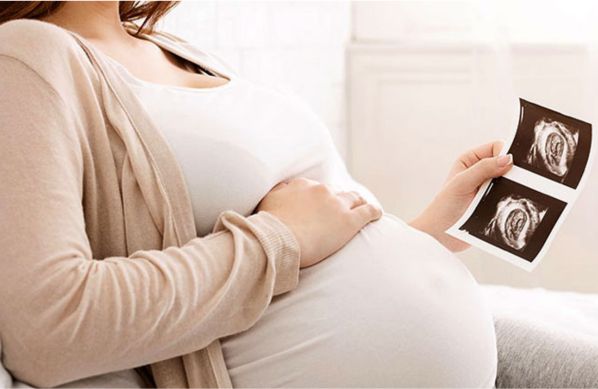
High-risk pregnancy care refers to specialized medical services aimed at monitoring and managing pregnancies with increased risks due to various factors.

Painless delivery, also known as epidural analgesia, refers to the use of pain relief methods during labor to help women manage the discomfort of childbirth.
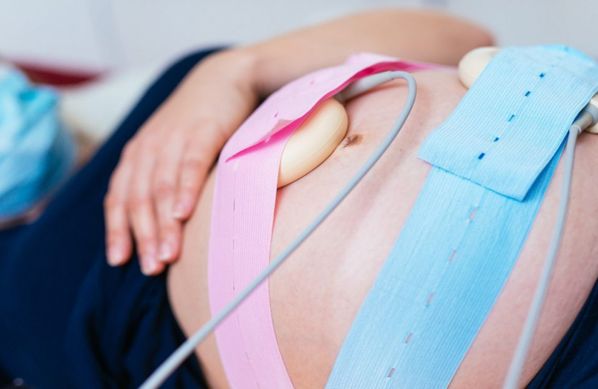
Intrapartum fetal monitoring, commonly referred to as Toco-Cardio Graphy (CTG), is a crucial method used during labor to assess the well-being of the fetus.
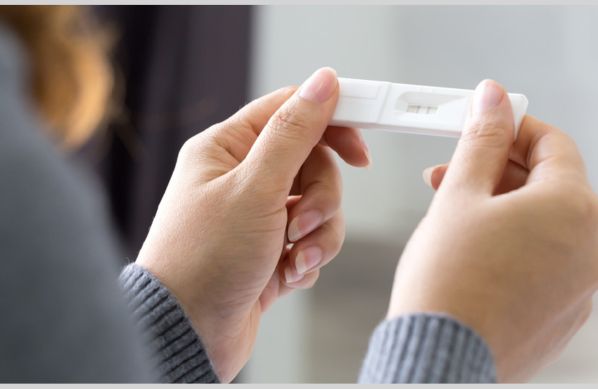
Recurrent pregnancy loss (RPL) refers to the occurrence of two or more consecutive miscarriages, and it affects a small percentage of women trying to conceive.

Menopausal treatment focuses on managing the symptoms and health risks associated with menopause, which marks the end of a woman's reproductive years.
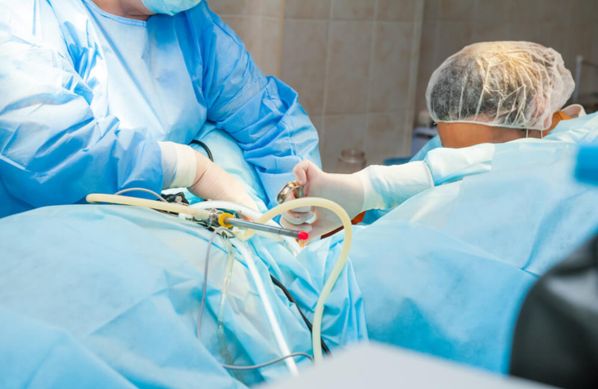
Laparoscopically Assisted Vaginal Hysterectomy (LAVH) is a minimally invasive surgical procedure used to remove the uterus.
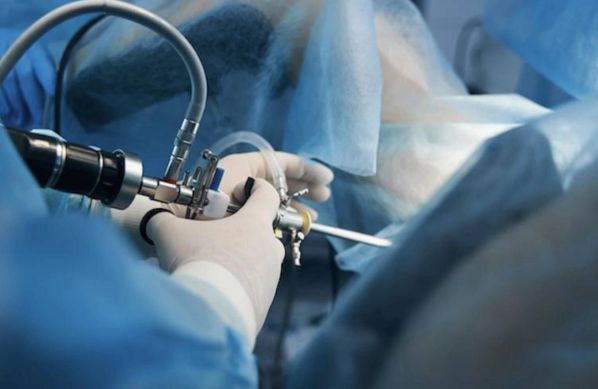
Laparoscopy and hysteroscopy are minimally invasive surgical procedures used to diagnose and treat various gynaecology conditions.

In Vitro Fertilization (IVF) is a sophisticated assisted reproductive technology (ART) that enables individuals or couples facing fertility challenges to conceive a child.
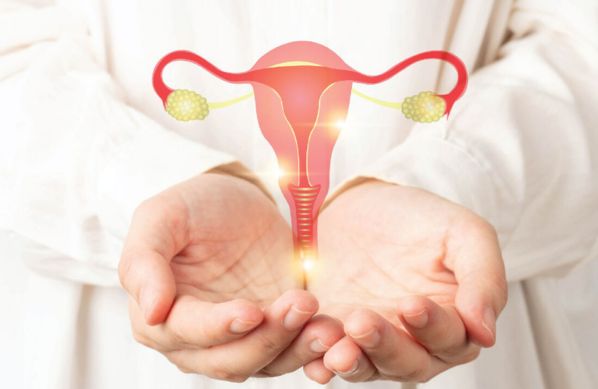
Intrauterine Insemination (IUI) is a widely used assisted reproductive technology (ART) that involves placing sperm directly into a woman’s uterus during her ovulation period.

Intracytoplasmic Sperm Injection (ICSI) is a specialized form of assisted reproductive technology (ART) used to address male infertility issues.

